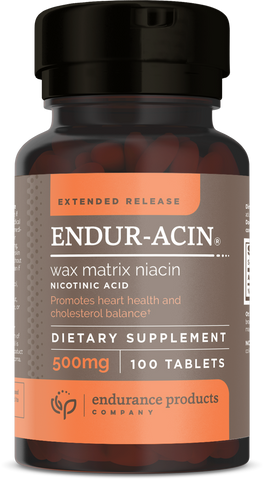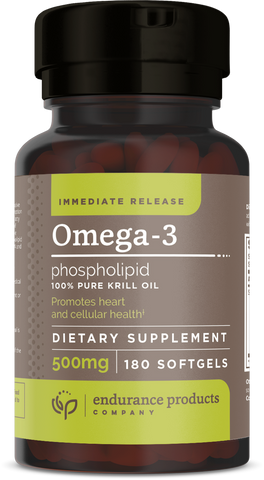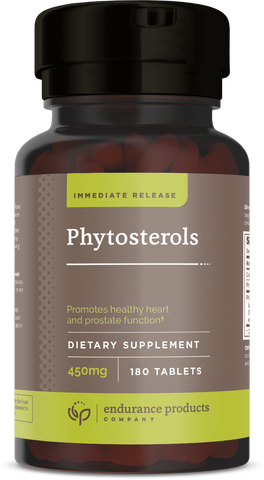Right now, over 102 million Americans 20 years and older have cholesterol levels that are outside of the healthy range. If untreated, bad cholesterol can clog your main arteries, slow blood flow to your heart, and put you at risk for heart disease. High cholesterol often doesn’t show any symptoms, so it’s important to make healthy lifestyle choices daily to support your heart.
This September we’re keeping cholesterol top of mind for National Cholesterol Education Month by joining with doctors to provide you with healthy tips for your heart! Join us in the heart health movement by changing up your daily routine, monitoring your heart levels, and spreading the word about the importance of keeping your cholesterol in check with these five tips.
-
Focus on fiber.
The more fiber, the better! According to Martin Milner, ND, naturopathic doctor, medical director, and CEO at the Center for Natural Medicine, Inc, 20 grams a day is an ideal starting goal for your daily fiber intake. As your body gets used to it, he recommends slowly increase your fiber to up to 40 grams per day. Keep your gut feeling good by adding a mix of both soluble and insoluble fibers into your diet, which can be found naturally in your foods or added to your daily regimen in supplement form. Fill up on soluble fibers with foods like oatmeal, carrots, barley, and legumes, and add in insoluble fibers to your daily meals with cereals, fruit skins, and whole wheat breads.
-
Exercise consistently.
By losing weight and building muscle, you can improve your blood lipids, echo other experts. Try focusing on both cardio moves and weight resistance activities multiple times a week to help you lose weight gradually and boost your production of healthy HDL cholesterol. Feeling like you can’t work out because you’re sitting all day at your desk job? Start small and create a workout routine that incorporates your office space! Walk up that flight of stairs in the morning or add 15-minute walking breaks into your schedule to get away from your desk. (Stay motivated to exercise with these tips!)
-
Know your family history.
Does diabetes run in your family? Does high-cholesterol impact the lives of your relatives? If you don’t know the answers to these questions off-hand, it’s time to do some research. Understanding your family’s health conditions and reporting them to your primary care doctor allows you to keep tabs on your cholesterol levels before they could become a problem. Check with your relatives to see if they have a history with genetic diseases and conditions like LDL receptor mutations, underactive thyroids, type 2 diabetes, and familial hypercholesterolemia—these could all be signs that you may be more susceptible to experience high cholesterol.
-
Prioritize your diet.
Your diet is one of the biggest factors that can impact your cholesterol levels. Dr. Milner recommends consistently monitoring calorie and fat intake to keep your cholesterol levels within the recommended range. “Work on getting less than 30% of your daily calories from fat and less than 7-10% of your daily calories from saturated fat,” Dr. Milner says. “You can start improving your cholesterol by adding more seeds, nuts, and oats to your diet to supplement your daily meals with a natural source of plant sterols and fiber.”
-
Visit your doctor regularly.
When’s the last time you had your cholesterol levels checked?Since high cholesterol often has no warning signs, it’s important to consistently monitor your levels. The American Heart Association even recommends that all adults 20 or older have their cholesterol and other traditional risk factors checked every four to six years. How? Your primary care doctor can do a simple blood test to give insight into your current levels and advice on how to maintain or improve them.



